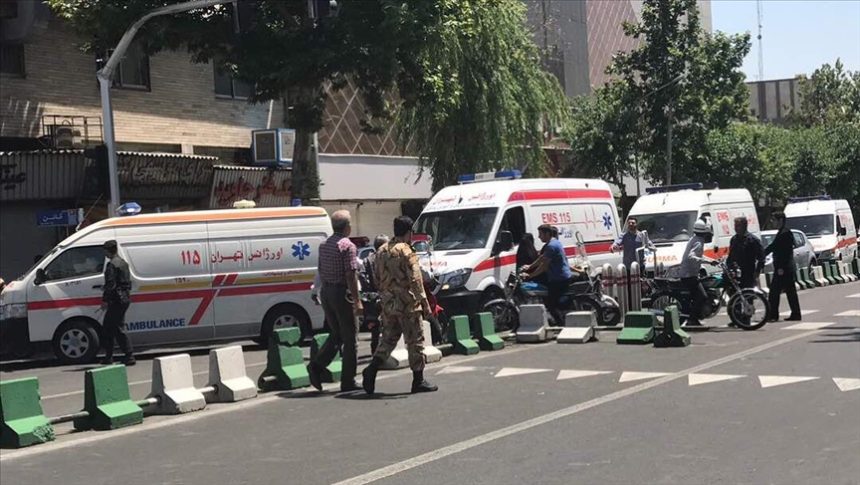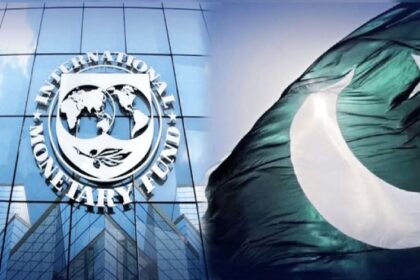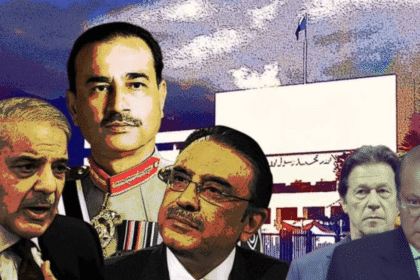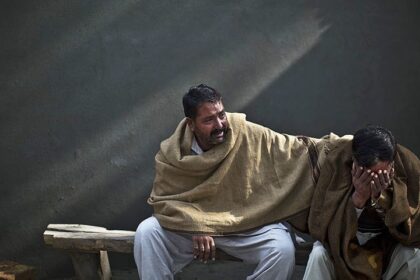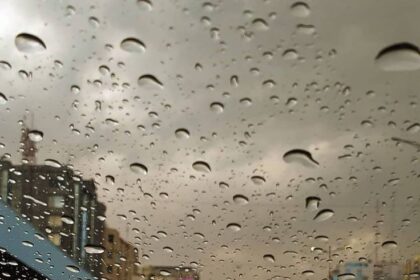Pakistan has strongly condemned Israel’s deadly airstrikes on Iran and demanded the United Nations Security Council to take action, warning that these actions could further destabilize an already volatile region.
Prime Minister Shehbaz Sharif posted a message of condemnation on microblogging website X, describing Israel’s action as a threat to regional peace and a violation of international law. He reiterated Pakistan’s support for Iran and neighboring countries, and at the same time urged all parties to exercise restraint to avoid further escalation.
In his response to the attack, Iran’s supreme leader Ayatollah Ali Khamenei said that Iranian military officials should decide how to respond to Friday night’s Israeli attack on Iran, but the event should neither be minimized nor exaggerated. He said that the evil committed by Israel two nights ago should neither be downplayed nor exaggerated.
He said Iran’s power should be demonstrated to Israel, adding: “It is up to the authorities to determine how to convey the power and will of the Iranian people to the Israeli regime and to take actions that serve the interests of this nation and country.” Iran’s President Masoud Pezeshkian mourned the loss of four Iranian soldiers. He said that enemies of Iran should know these brave people were standing fearlessly in defense of their land and will respond to any stupidity with tact and intelligence.
In Islamabad, the Ministry of Foreign Affairs released a statement in which it called Israel’s military strikes against Iran a severe breach of Iran’s sovereignty and territorial integrity. The Foreign Office spokesperson said that these actions stood in direct opposition to the United Nations Charter and the international law.
The spokesperson said the “reckless” strikes had jeopardized efforts for peace and stability in the region, and also upped the risk of further conflict. The ministry also slammed Israel for its aggressive posture and “criminal behavior”, and urged the global community to step up its role in maintaining peace and security across the Middle East.
MILITARY INSTALLATIONS HIT
It may be mentioned here that Iran reported deaths of two of its soldiers in Israeli airstrikes that hit its military installations within its borders, as violence continues to plague the Middle East. This escalation has raised serious concerns over a possible large-scale conflict in the region. The strikes began just after 2am local time and shook multiple areas around Tehran and other Iranian cities.
According to reports, the Israeli attacks involved three waves of airstrikes targeting military installations and other defense systems. Videos circulating on Iranian social media showed explosions lighting up the night sky as Iranian air defenses responded. Iran’s defense systems reportedly intercepted some incoming missiles, though damage assessments indicate limited impact at several sites.
Iranian state media quickly condemned the attack, vowing a “proportional response” to what it called an unprovoked act of aggression. The semi-official Tasnim News Agency quoted unnamed officials warning that Israel “will face consequences” for its actions.
WASHINGTON KNEW
The United States was quick to disassociate itself from the attack, saying that although it was informed of Israel’s planned airstrikes beforehand, it did not participate in the action. US officials also said they did not endorse attacks that could spark a bigger conflict, especially any moves targeting Iran’s nuclear facilities.
The US administration reiterated Israel should avoid targeting important Iranian infrastructure, like nuclear sites or oil production facilities, which could escalate the situation to a dangerous level. Similarly, Saudi Arabia and the United Arab Emirates also voiced their concerns over the strikes and called for a halt to the violence. In a statement issued by Saudi Arabia and broadcast by its state media, the kingdom described the strikes as a violation of Iranian sovereignty.
The Saudi government called on the international community to pressure Israel to de-escalate. A statement by UAE focused on restraint, as it urged all parties involved to avoid actions that could lead to further conflict. Interestingly, neither Saudi Arabia nor the UAE specifically named Israel in their statements, but instead focused on general appeals for peace and stability in the region.
British Prime Minister Keir Starmer advised both the sides to avoid further escalation. Speaking at a press conference in Samoa, where he attended the Commonwealth Heads of Government meeting, he warned Iran against retaliatory measures. Countries like Qatar, Egypt and Iraq also condemned the “blatant violation of Iran’s sovereignty” and demanded immediate international intervention to restore calm in the Middle East.






